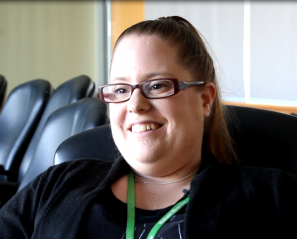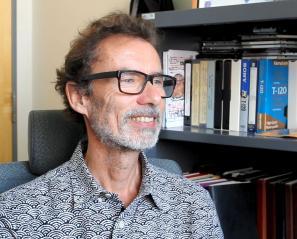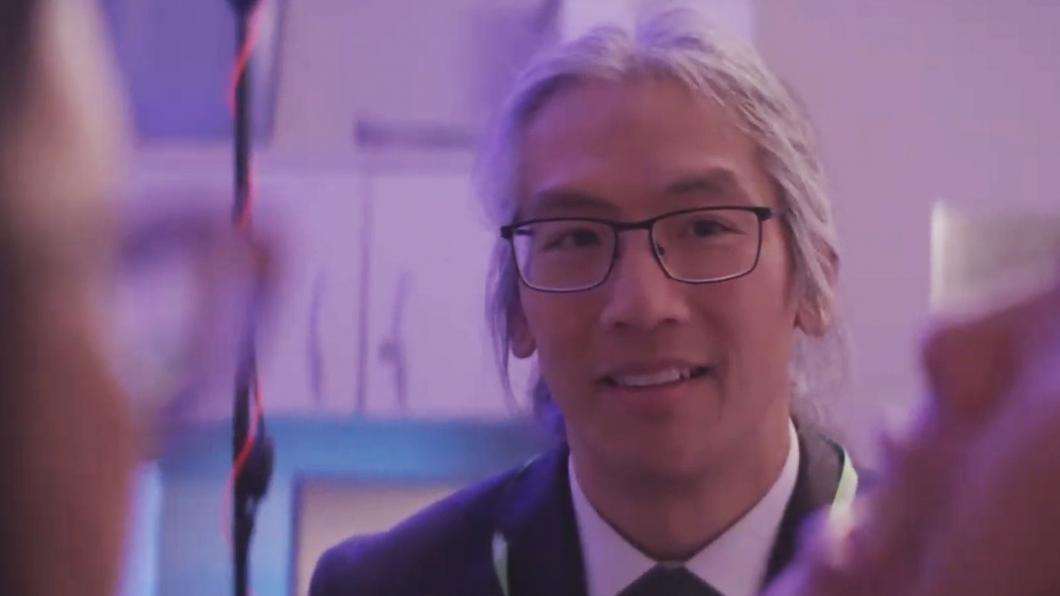
Research is getting a transformational change
If you asked Dr. Tom Chau what visuals he’d want projected in the MRI suite, he’d opt for outer space.
“I like science fiction,” he adds.
For Dr. Chau and the planning committee, incorporating customizable projections—like the rainforest or under the sea—was integral to the MRI suite’s design. They're projections that involved the inclusion of the youth voice through the Youth Advisory Council, which helped vote on the final images.
“It had to go through many, many stages of approvals through senior management and board sub-committees. So we sometimes forget, because we're so close now to having it come online, that there were so many steps leading up to this point.”
Overall, accessibility and comfort were the two main focuses for the suite’s design to ensure it would be Canada’s first fully-accessible, immersive, child-friendly, and customizable research MRI.
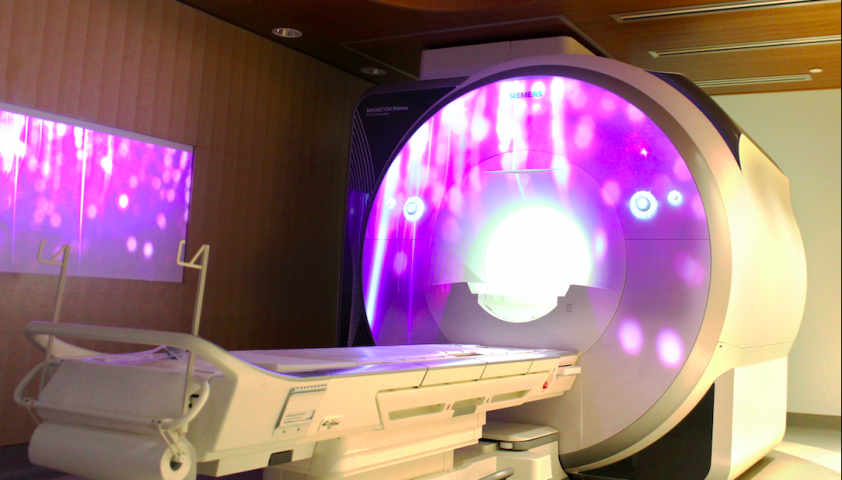
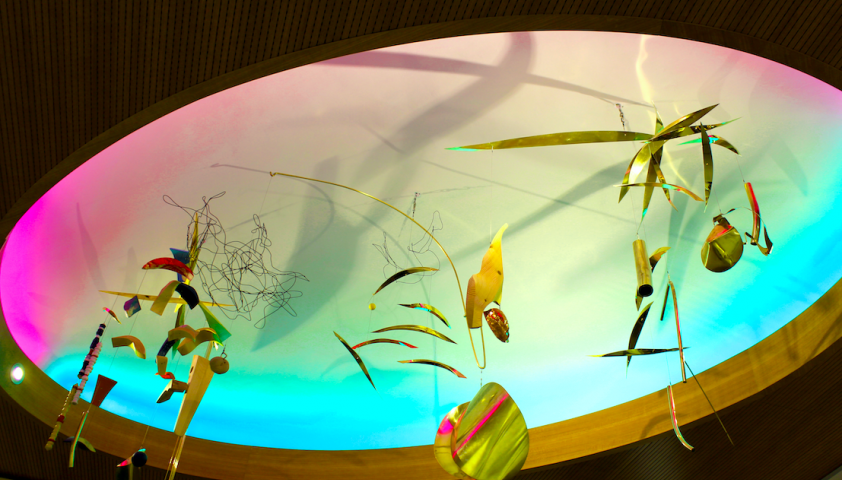
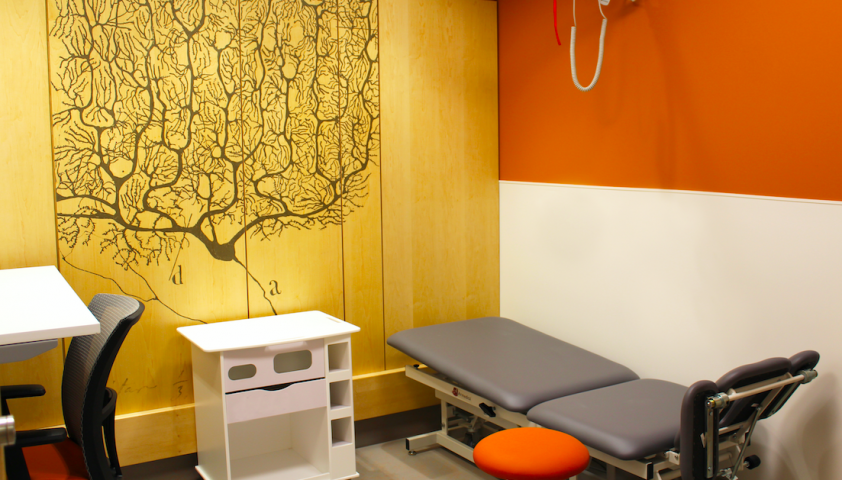
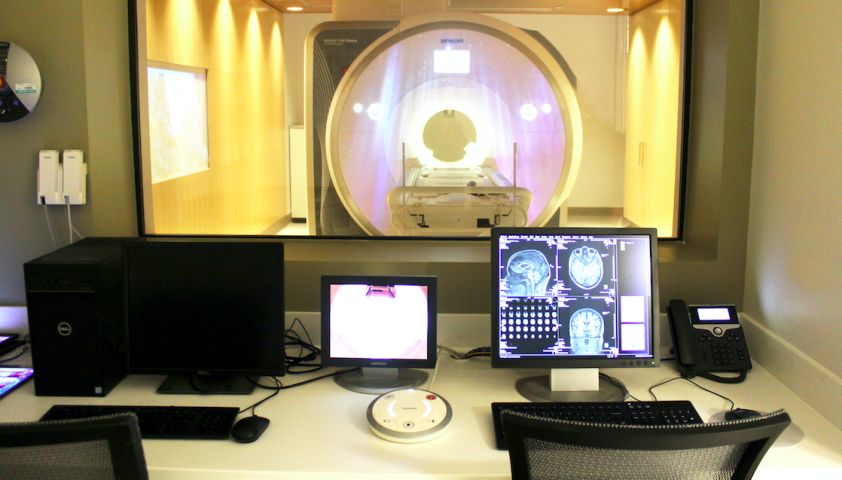

And while features like the projections and child-created artwork are undeniable highlights of the MRI suite, Dr. Chau also praises the design of the door.“We listened closely to family,” he says, about the planning process.
“Families wanted to be able to see their child while they were being scanned. So that's a really unique feature: we actually have a door that can become opaque if needed, but can also become transparent so that families can see their child and the child can see their family.”
While the MRI has yet to open, for Dr. Chau, future scans and data will further aid his research in brain computer interfacing—the act of using brain activity to control a computer or communicate.
“The MRI will help us to understand which parts of the brain we actually should be monitoring to allow children to communicate using brain activity,” he says.
The addition of the MRI is only one part of the Grow Holland Bloorview Research strategy. The hospital is also looking to grow their research wing by building new discovery hubs and lab spaces, as well as recruiting new scientists. For Dr. Chau, the new development will truly set the hospital apart from other institutions. By 2021, Holland Bloorview is projected to house the largest global collective of pediatric disability research worldwide.
“Multiple scientists will be able to use this space and the infrastructure to support our research, and we'll be able to host some state of the art equipment that we don't have now,” he says.
“Disability research, I think, has really come a long way in the last decade—and I think we're really at the threshold of something really great in terms of transformational change.”
